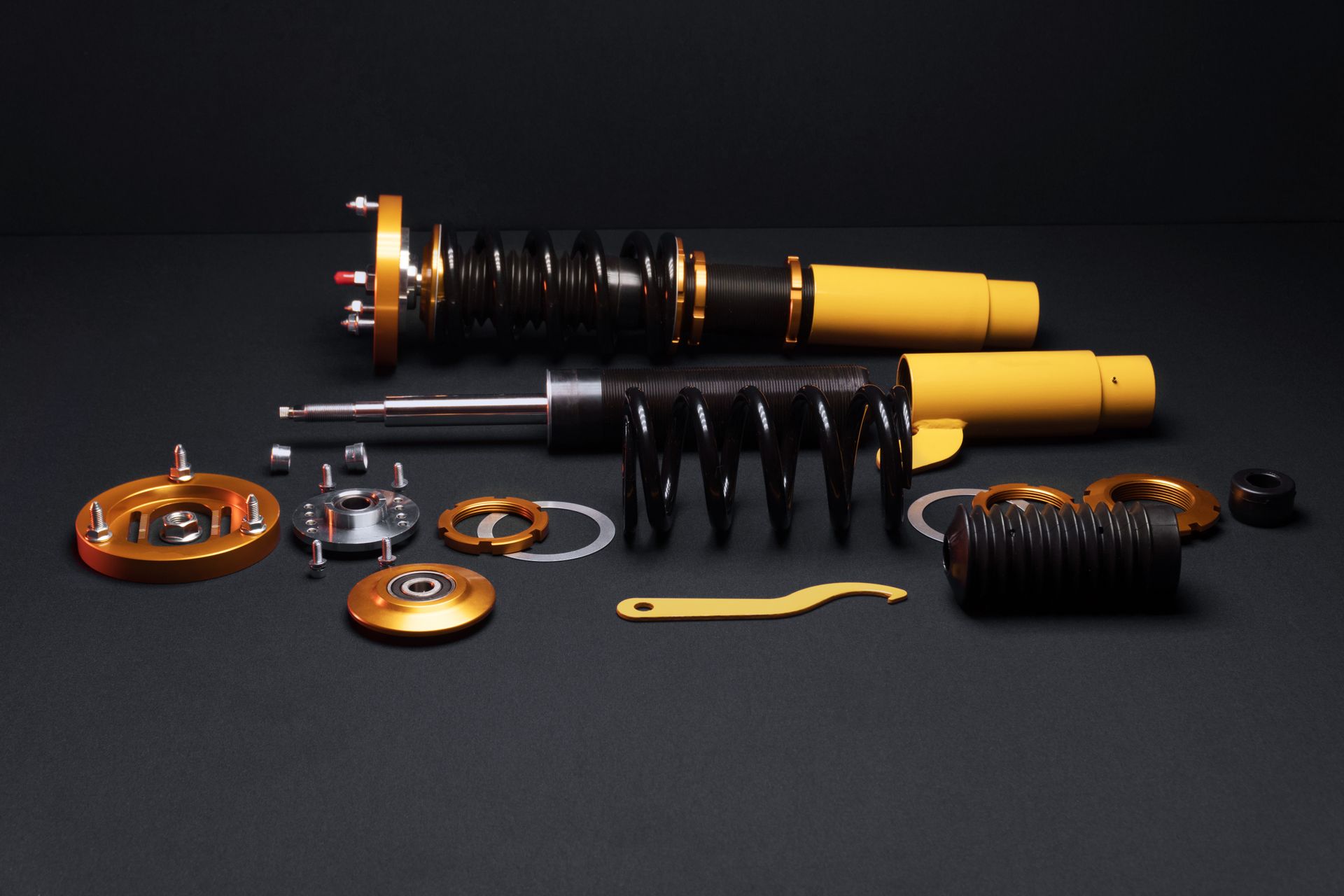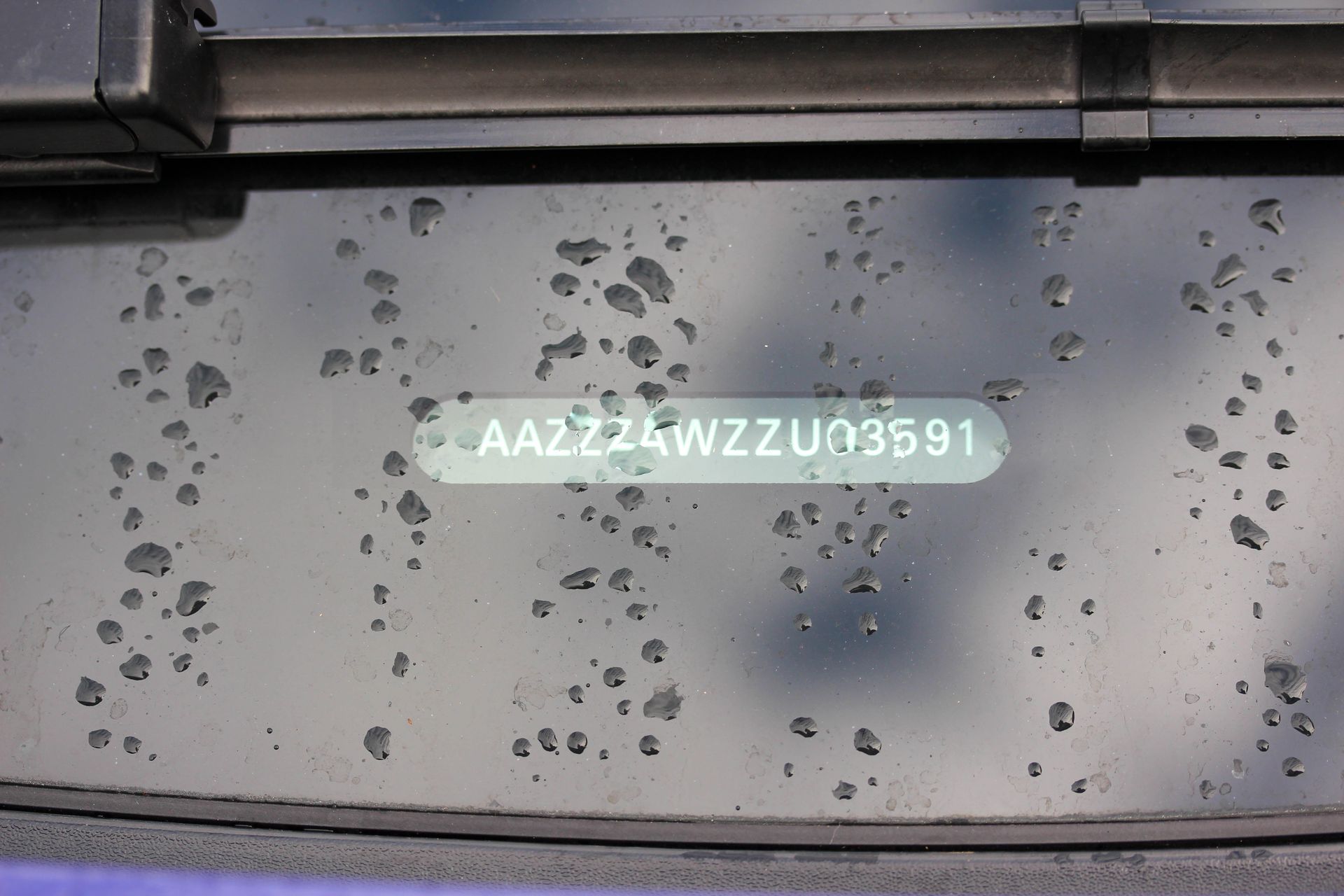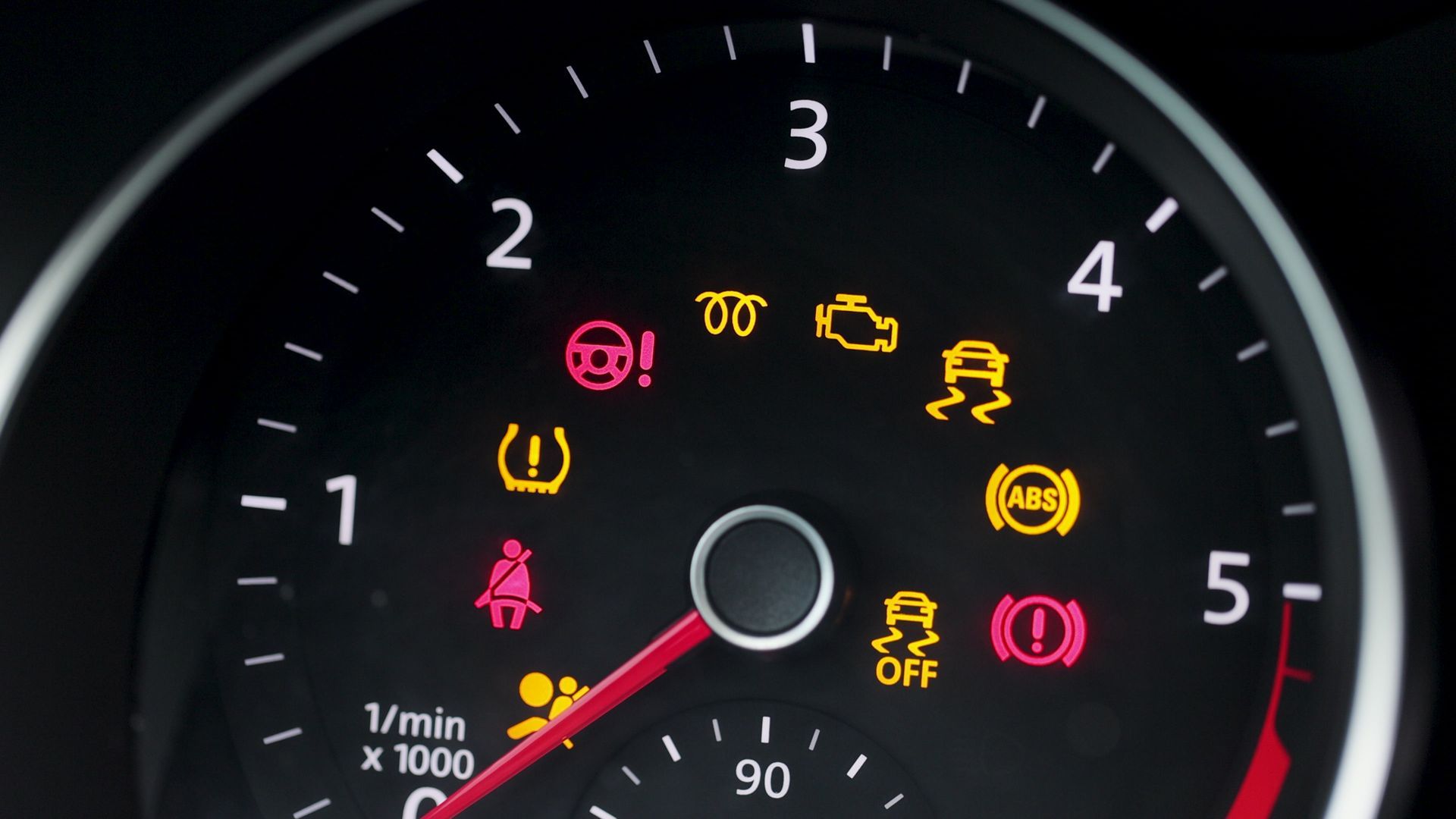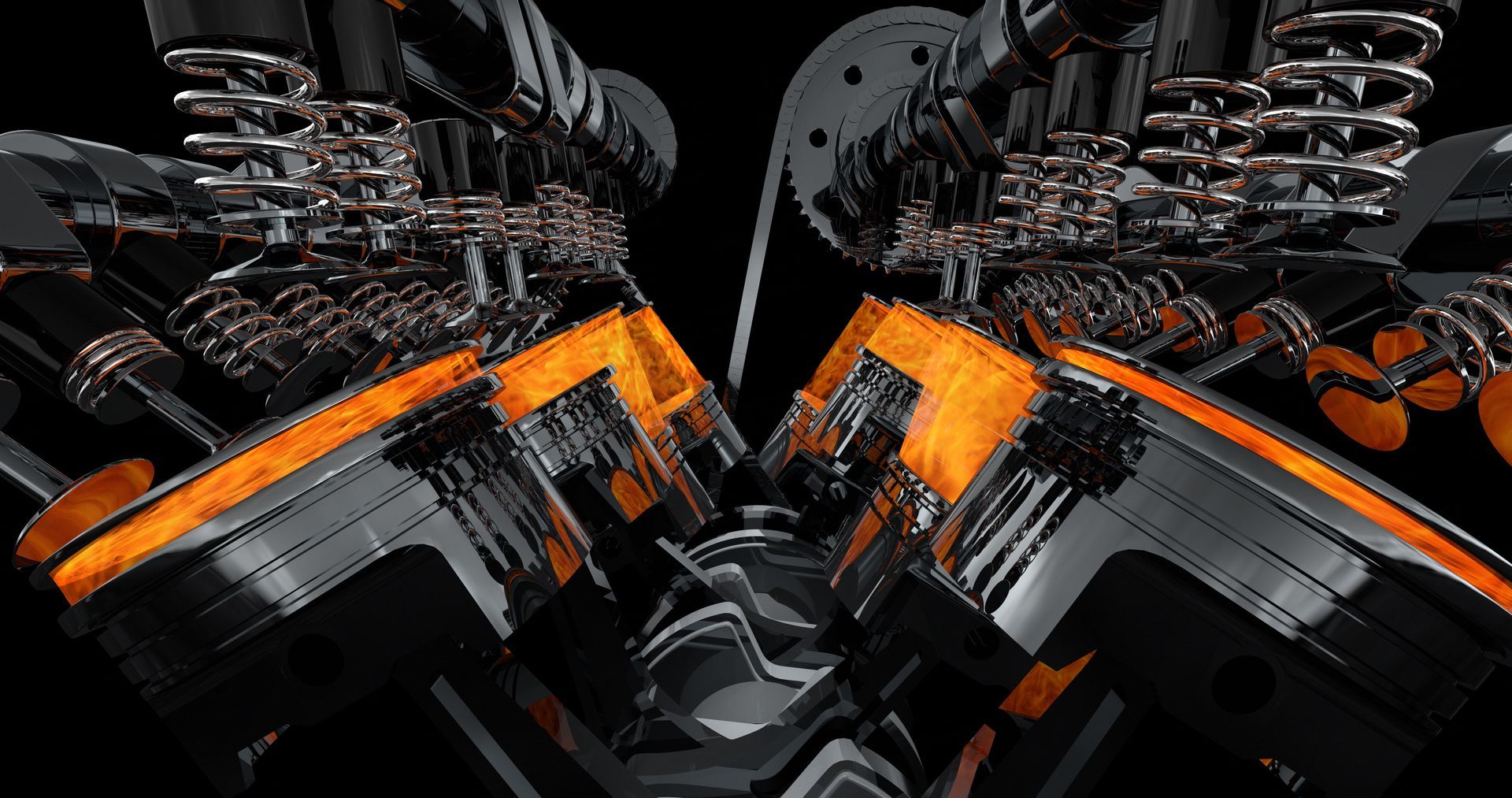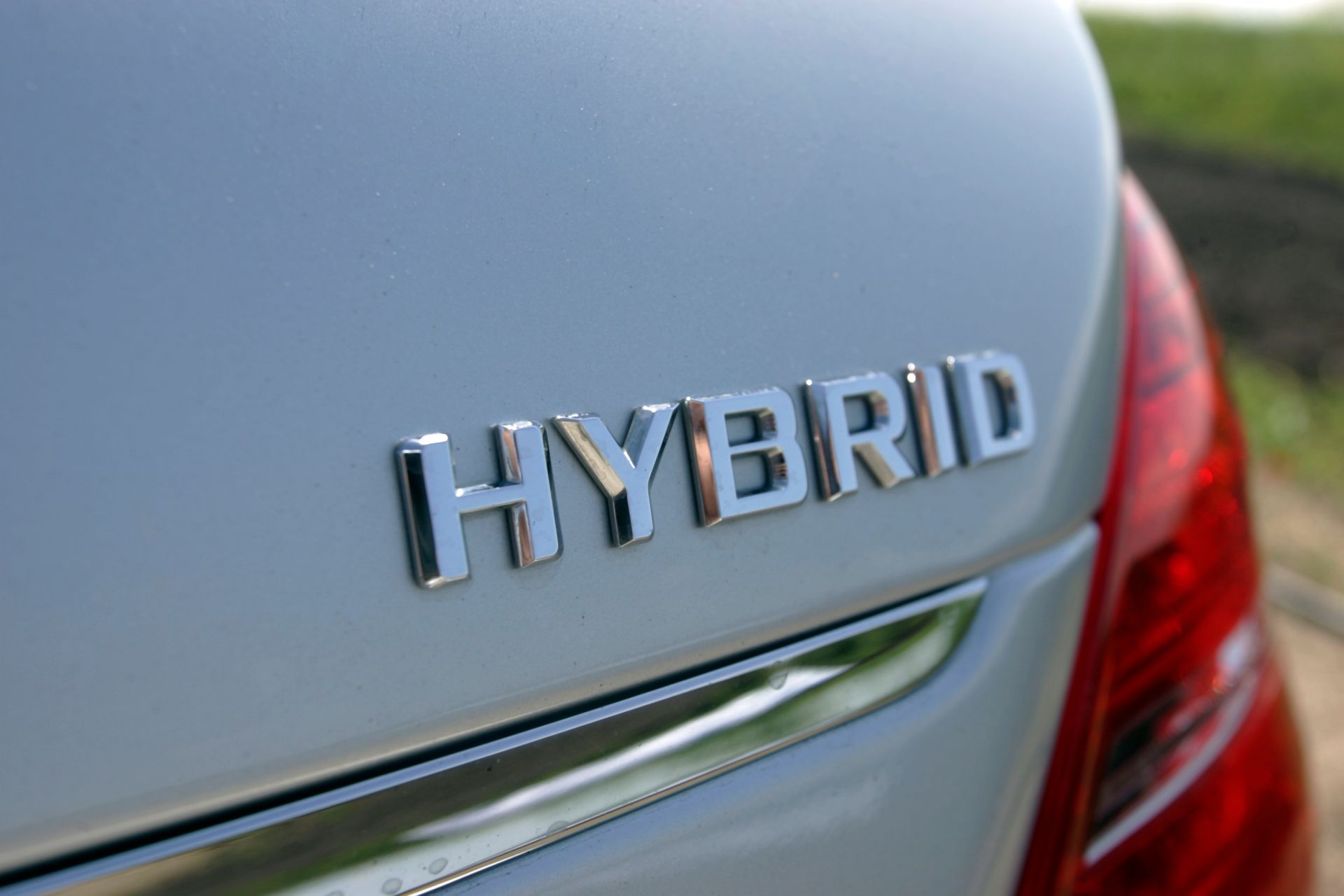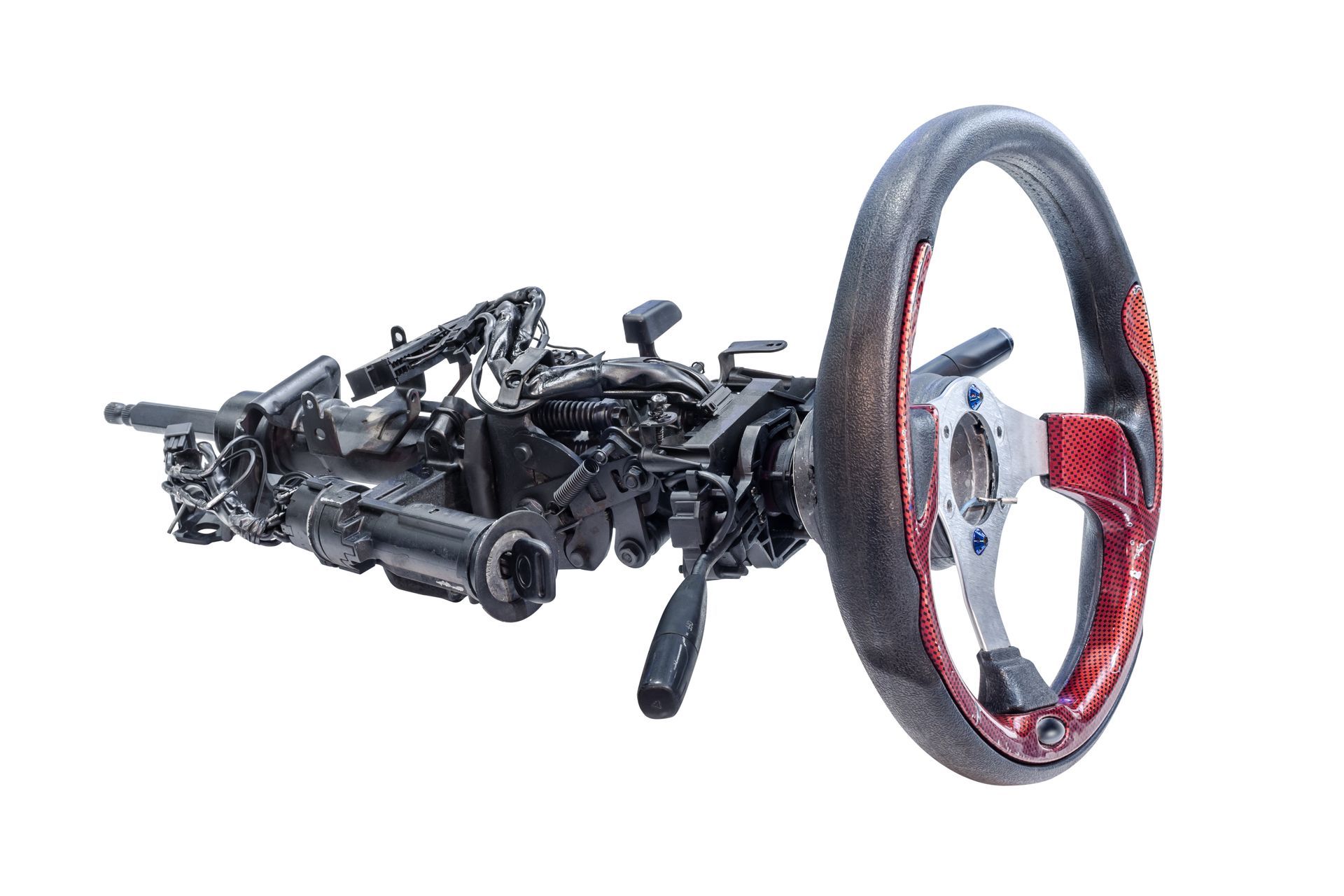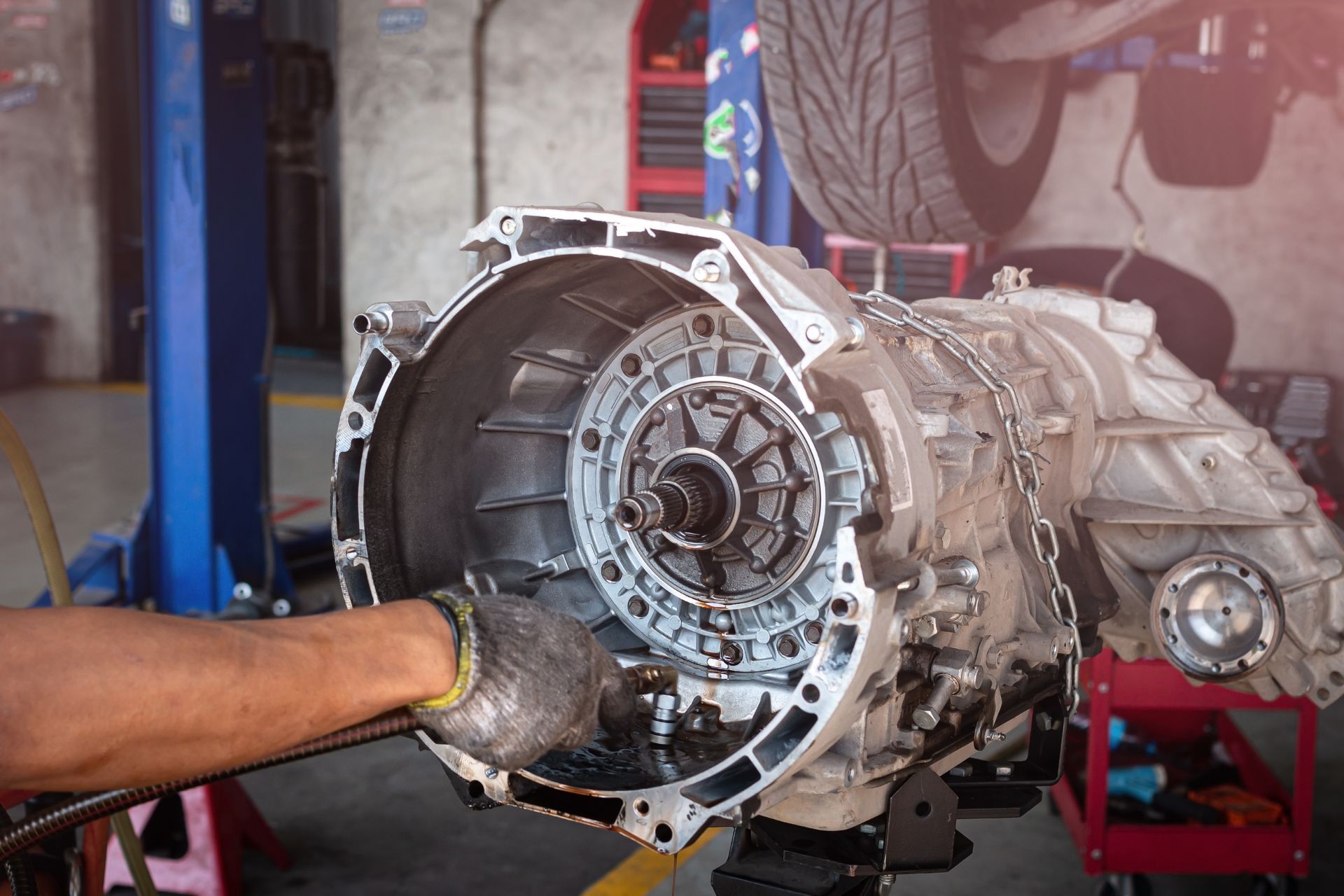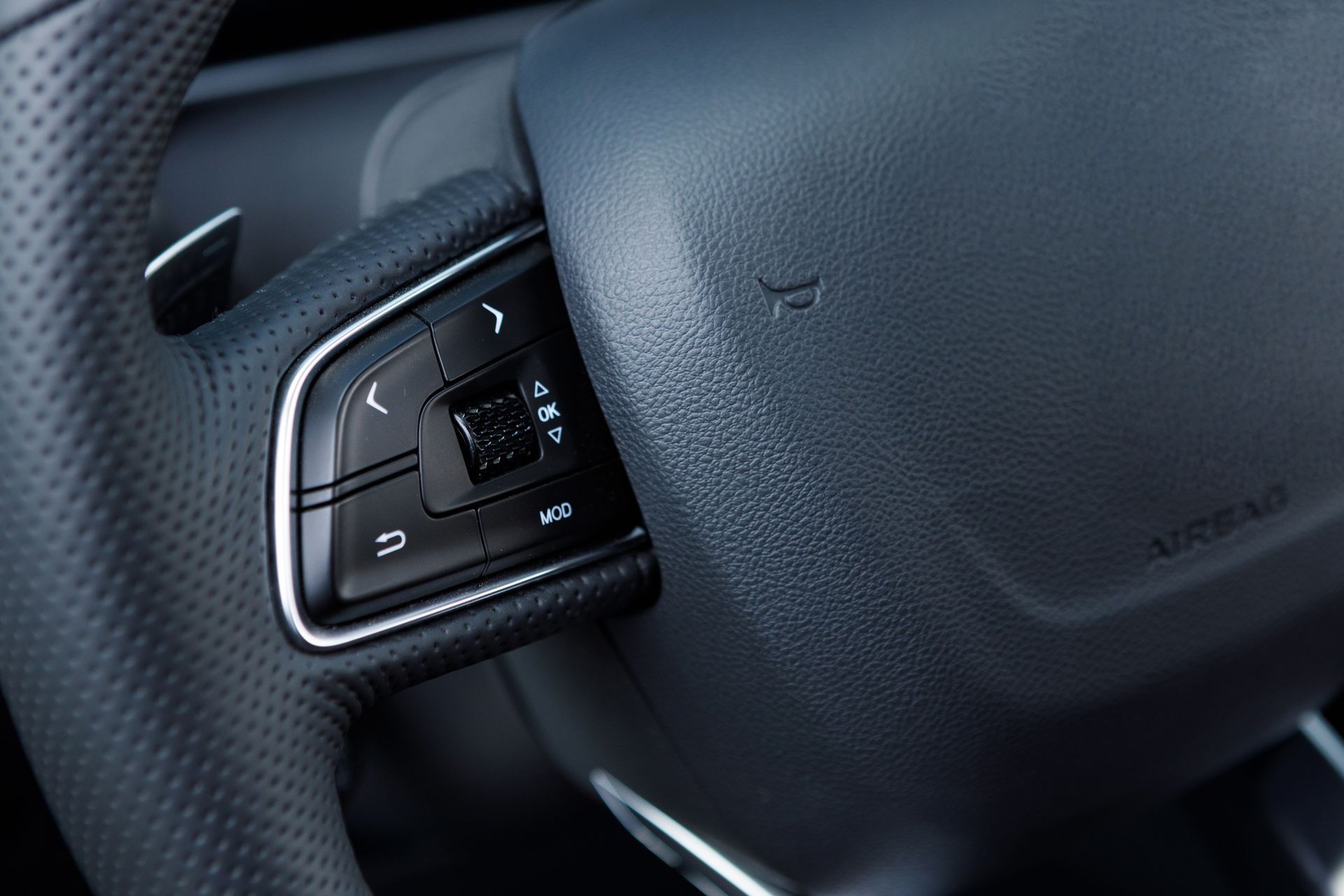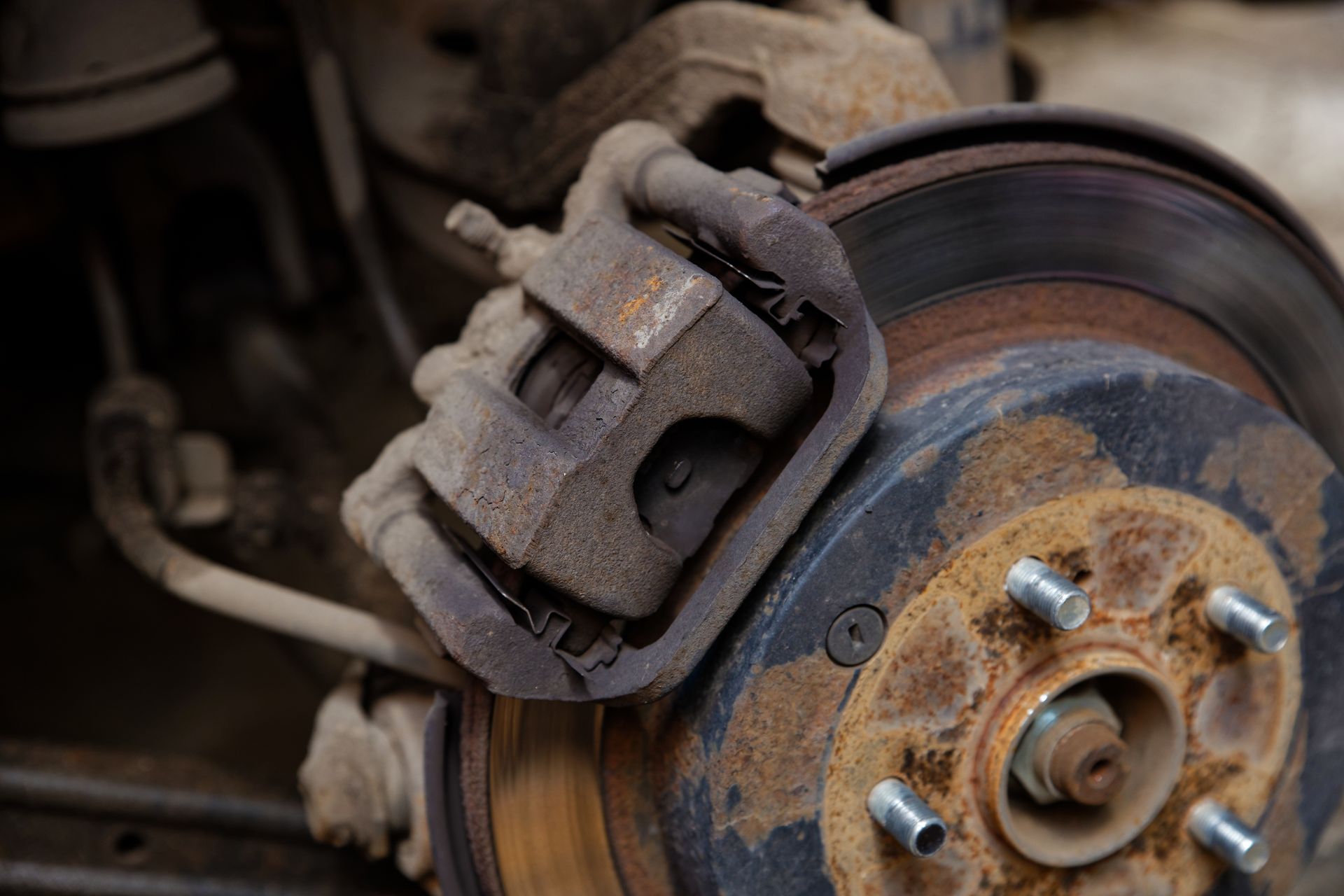Detailing a car is like giving it that factory feel and look back, but the question remains – should you do it yourself or leave it to the professionals?
How Is DIY Detailing Performed
DIY car detailing involves a range of activities you can do at home: washing, waxing, interior cleaning, and sometimes, minor cosmetic touch-ups. It requires a set of supplies, from high-quality soaps and waxes to microfiber cloths and brushes. The process can be time-consuming, often taking a whole day, but for car enthusiasts, it's a labor of love. The satisfaction of personally tending to every detail of your car can be immensely rewarding.
How Is Professional Detailing Performed
Professional detailing, on the other hand, takes car care to the next level. Professionals use specialized tools and products, such as high-powered washers, clay bars, and professional-grade waxes and sealants. They possess the expertise to deal with a range of issues like paint correction, upholstery stains, and odor removal. Their meticulous approach ensures every nook and cranny of the vehicle is attended to, often resulting in a showroom-quality finish.
Which Is Better?
The choice between DIY and professional detailing depends on several factors. Ultimately, the best thing you can do is to leave it to the pros - experience really does matter here.
DIY can be cost-effective and gratifying, but it lacks the finesse and deep cleaning that professionals offer. Professional detailing, while more expensive, can extend the life of your vehicle's paint and interior, maintaining its value and appeal. Detailing done by specialized techs is a clear winner for those short on time or uninterested in the nitty-gritty of car care.
Why Is DIY Detailing Not Advised?
DIY detailing isn't advised for several reasons. First, the lack of professional tools and products can lead to subpar results. Incorrect techniques can even damage the car's paint or interior. For instance, using the wrong soap can strip the wax from the car's surface, and a poorly executed wax job can leave swirl marks on the paint. It's challenging to address complex issues like scratch removal or leather restoration without professional training.
Questions & Answers About Detailing
1. Can regular detailing extend my car's lifespan?
Yes, both DIY and professional detailing can extend the lifespan of your car's exterior and interior by protecting it from elements and wear.
2. Is professional detailing worth the cost?
For most, the cost is justified by the quality of work, the use of professional products, and the longevity it provides to the car's appearance.
3. How often should I detail my car?
It's recommended to detail your car every 4 to 6 months, though it may vary based on your car's usage and exposure to elements.
4. Can DIY detailing cause harm to my car's paint?
Yes, DIY detailing can potentially harm your car's paint if improper techniques or materials are used. Using a harsh brush or the wrong type of cleaner can lead to scratches or dullness in the paint.
5. Are there specific detailing treatments for different types of cars?
Absolutely. Different types of cars, such as luxury vehicles, sports cars, or vintage models, may require specific detailing treatments.
Do you want to give your car that brand-new feel and look back? Contact
Green Tech Garage, and we will schedule you for a detailing job!


